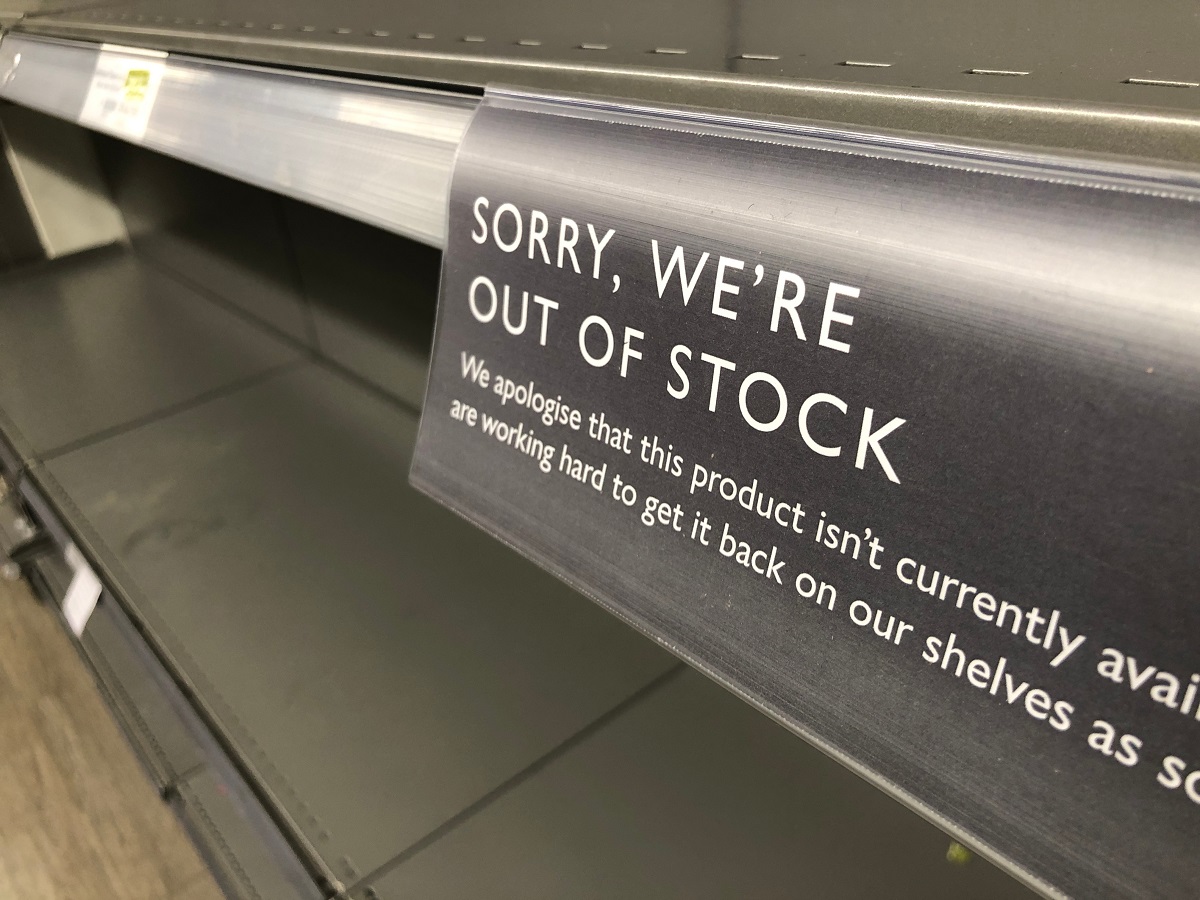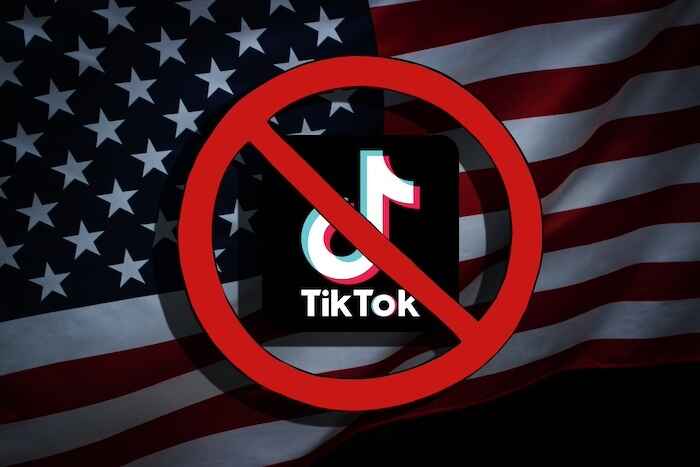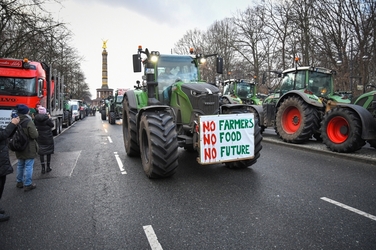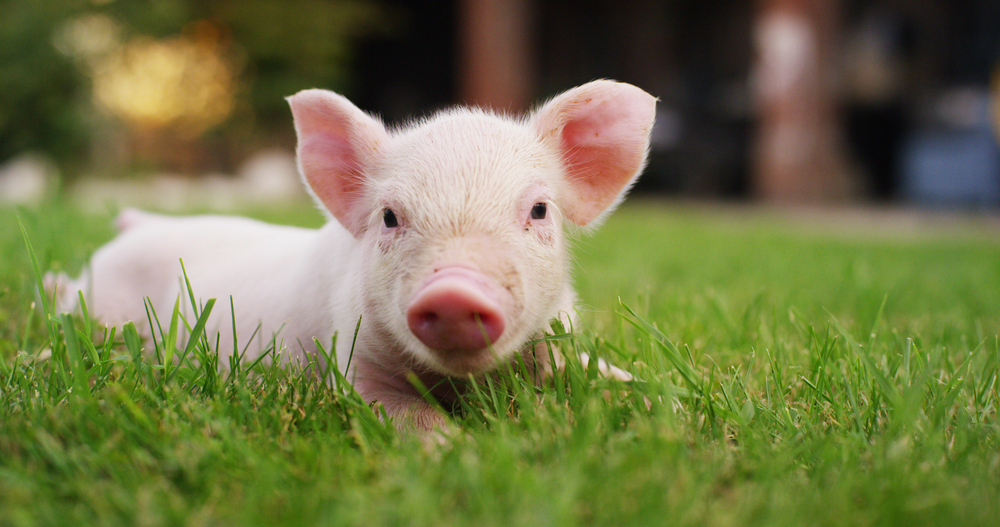What’s Really to Blame for Rising Prices
Joel Salatin|January 11, 2022

I have a friend who operates a small, federally inspected slaughterhouse. Before COVID-19, he had an inspector assigned to his facility. Although it was not a comfortable relationship, it was tolerable.
If the inspector wanted something changed, she’d tell him about it and he’d get it fixed in a day. He didn’t get written up. The infraction could be corrected efficiently and simply. Most issues were addressed in-house and fixed the same way. It was like an ongoing conversation.
But since COVID-19, all that has changed… showing yet again who is really to blame for our economy’s problems.
Who’s to Blame?
Now the inspectors for these small plants are working from home in their pajamas. The people dispatched to the plant are not inspectors but young surrogates (usually college students) who use their smartphones to take pictures all day.
Those pictures are uploaded to the inspectors, and the inspectors may comment on them as they wish. The result is a tsunami of emails, clarifications, accusations and texts flooding into the business.
A process that was once handled in-house and face-to-face has been replaced with buckets of bureaucratic questions, requests and threats.
All these inspectors weigh in on the pictures because they want to justify their job. So instead of having just one person provide oversight, the business has up to a dozen people – not on-site – commenting on what they think they might be seeing in pictures.
These small businesses are being buried in an avalanche of emails. They have to explain complicated procedures that have been approved for years to a newly unleashed group of threatening, tyrannical bureaucrats, who lack context and work in their pajamas.
While the media and government officials lament rising meat prices and supply chain issues, I can assure you that farmers have plenty of cows and chickens.
The shortages and escalating prices are not about production. Instead, they reflect these kinds of monkey wrenches thrown into the processing system.
Fighting for Freedom
As this regulatory noose continues to tighten, farms like ours seek alternatives.
It’s similar to the home school and charter school response to school lockdowns. In Virginia, home schooling is up by 40% since the COVID-19 lockdowns.
The difference between education and meat processing is that the home-schoolers won freedom for themselves about three decades ago through state legislation. The Home School Legal Defense Association provided critical counsel and legislative impetus to push these freedoms through.
In the meat sector, we don’t yet have a broad coalition of people ready to take on the government-sanctioned processing institutions. Most folks are still under the delusion that government inspectors are necessary to ensure food safety.
It’s the same thinking as in the 1970s, when the mindset was that the government was necessary to educate your child. Anything else risked your child’s future.
Gradually, people began to realize that this was not the only way. Indeed, parents began realizing that with some savvy and good materials, they could teach their children quite well, or find a tutor or develop other alternatives.
The private education revival our country has witnessed in the last half-century is remarkable.
The notion that the only safe hamburger comes from a room licensed by a government agent is as preposterous as the notion that the only viable education comes administered by the government.
Food is the new school. Where education was 50 years ago, food is today. If escalating food prices and supply chain issues in this Neanderthal system fuel the passion for change of liberty-loving freedom fighters, it could bring about a great shift from our current dysfunctional state.
Pay Attention
Anyone who places our current food debacles on the backs of farmers isn’t paying attention. To be sure, farm production protocols vary greatly. The best farmers have extremely low dependency on petroleum (in the form of chemical fertilizers, pesticides and herbicides) and few health issues. Smaller farms that rely on compost and nature are less subject to the outside forces that currently gum up the production works.
But because we marginalize farmers, people generally direct their food anger at them. I wish I could wave a magic wand and divert that frustration to where it belongs.
I have no clue what it will take to make the average person aware that their food problems stem not from farmers but from unelected bureaucrats and the enabling politicians who have put them there to stamp “Government Approved” on every morsel of food.
Just like early in the home-schooling movement, when advocates began labeling public schools “government schools” to bolster their point, I think we need to start calling supermarket food “government food” in order to create a new awareness around this issue.
Only when a broad coalition of citizens demands something other than “government food” will these arbitrary and capricious price and supply issues be solved.
They will never be solved from the top down.
Sincerely,
Joel

Joel Salatin
Joel Salatin calls himself a Christian libertarian environmentalist capitalist lunatic farmer. Others who like him call him the most famous farmer in the world, the high priest of the pasture, and the most eclectic thinker from Virginia since Thomas Jefferson. Those who don’t like him call him a bioterrorist, Typhoid Mary, a charlatan, and a starvation advocate. With a room full of debate trophies from high school and college days, 12 published books, and a thriving multigenerational family farm, he draws on a lifetime of food, farming and fantasy to entertain and inspire audiences around the world.





